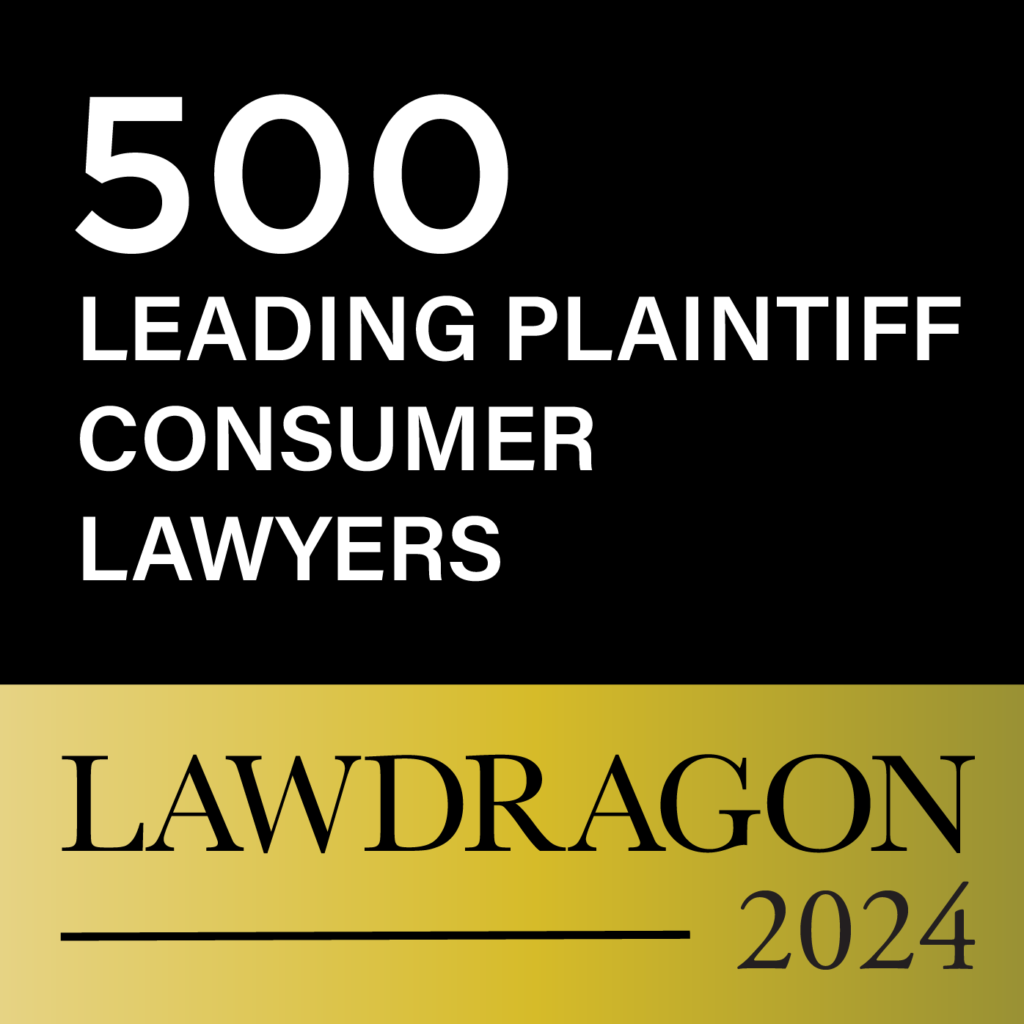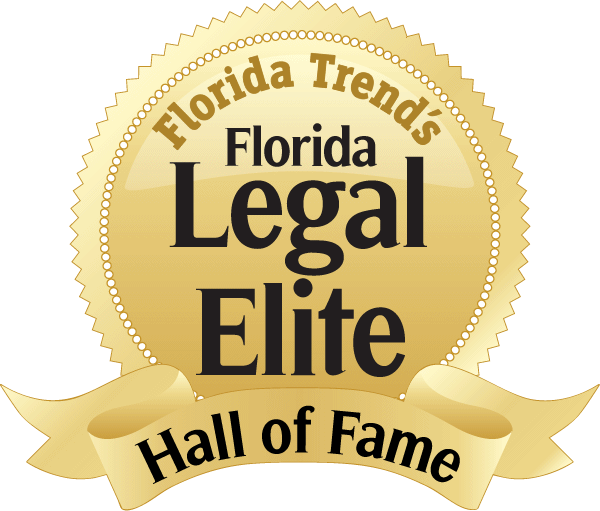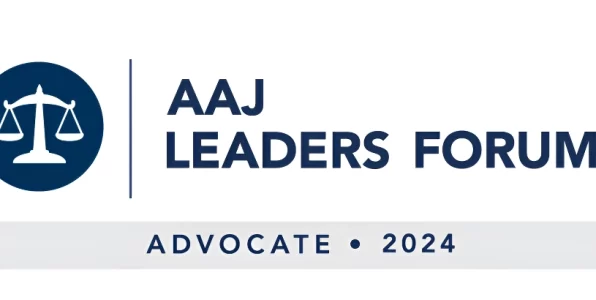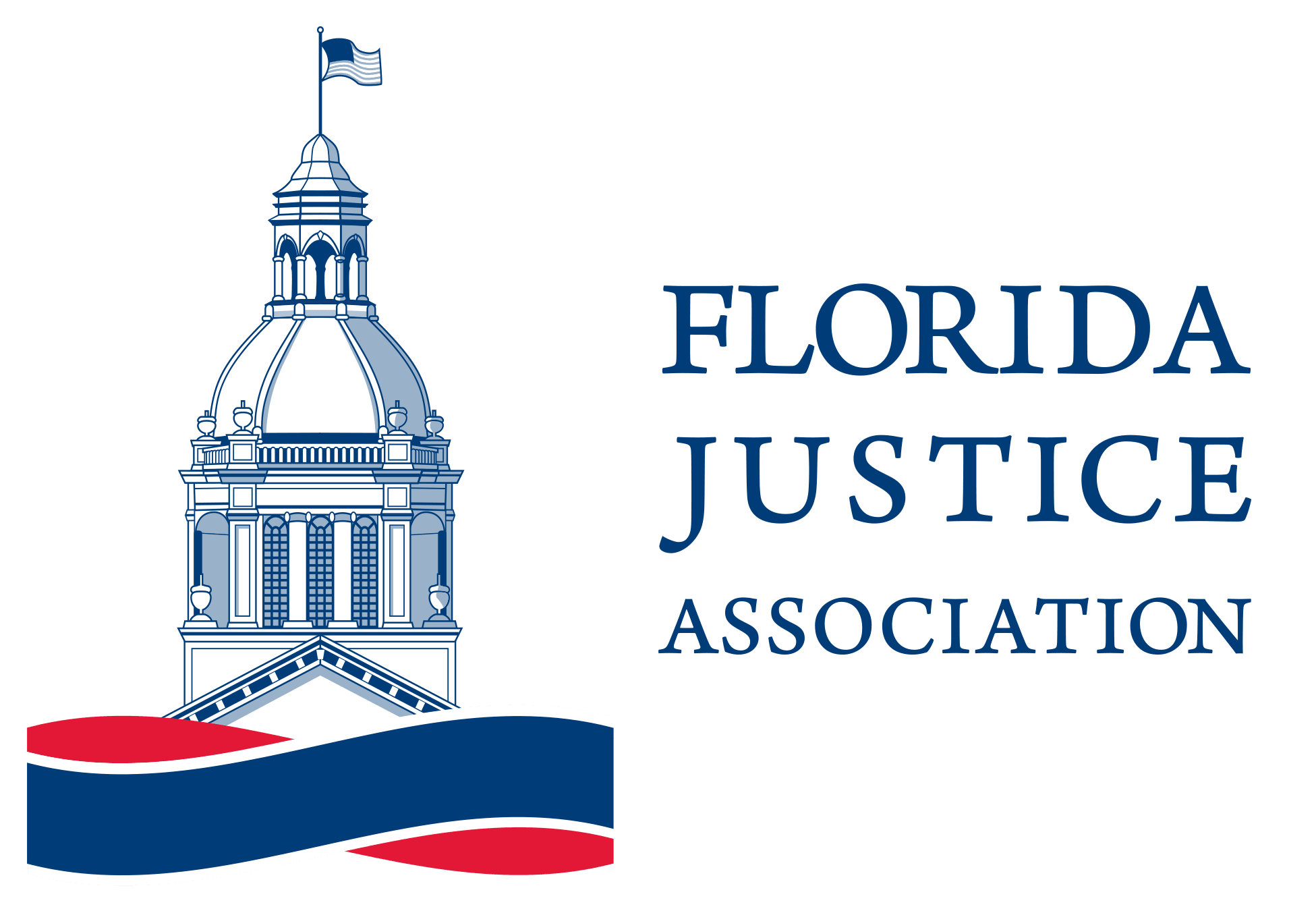Universal Truths Vs. Stereotypes: Dealing with Ours and Their at Trial
(Originally published for the Southern Trial Lawyers Association Newsletter)
By Christopher Marlowe, The Haggard Law Firm
We are all prejudiced, shaped by our interactions with others from birth. Some experiences are positive, others insulting. Each, to varying degrees, necessarily changes our perception of others. This writing is premised on the understanding that we are all susceptible to feelings and beliefs that are not always fair or rational. It is the recognition of this narrow aspect of the human condition that cautions the trial attorney to acknowledge Universal Truths where they exist, and the Stereotypes that often accompany them.
Having chosen a profession that revolves largely upon judging the behavior and motivations of others, identifying and appreciating our prejudice is a critical component of successfully working within the legal system. For trial lawyers, the process of moving from an abstract grievance to a concrete solution for our clients begins in earnest with jury selection.
A jury of our peers seems like a simple enough concept. However, in every jurisdiction with which I am familiar, the peer group is defined only by one commonality: an arbitrarily drawn geographic boundary. The remainder of that which defines your prospective panel is a mystery. Race, religion, gender, sexual identity and political beliefs all thrive independently behind each of the twenty or thirty faces staring back at you as you begin the process of selecting who, exactly, will stand in judgment of the situation that forced this community of peers to miss work and doctor appointments to perform their civic duty.
Though perhaps smiling as you stand to speak, do any among them actually and viscerally loathe you and everything they think you stand for? This, before you have introduced yourself or your client, or the action which necessitated their appearance? Some likely do. Have others suffered privately in their lives, in a way that did not lend itself to the kind of justice you are attempting to achieve on behalf of your client? Has their envy of someone with a powerful ally in the courtroom fomented resentment that was borne before you knew their name?
The truth behind these natural feelings held by “our peers” is unlikely to be completely uncovered, no matter your efforts in the jury selection process. I find it hard enough to ascertain what my three-year-old boy will actually eat for dinner. Sometimes mac and cheese really means hot dog. When my wife says everything is “fine,” is it possible she really wishes she had a heavy object with which to pummel me? Sometimes I believe that to be the case, the spoken response notwithstanding. As frustrating is the task of determining what our six judges really mean when they speak. After all, they are but geographically gathered strangers, asked to reveal in an hour or two, which of their private prejudices will surface to “unfairly” impact my client’s case behind closed doors.
Picking a jury may seem like a one-way street. You ask the questions, get the panel talking, and from the issues discussed and the interaction, you make selections accordingly. However, describing the process as such implies that you are not as active a participant in the process as are each of the members of the panel. In order to efficiently use the time allotted, these strangers must, to the degree humanly possible, trust you.
That trust begins with accepting that the elephant in the room is you. It is each of us, as we stand there trying to learn about “them.” The elephant could be the McDonald’s hot coffee case – general litigiousness in society – “injustices” of the acquittals of Casey Anthony or O.J. Simpson. We are, until humanized, self-interested bad people. Why not start there?
Inviting others to share what prejudices they hold, and what truths about humanity they believe to be absolute, should start with your own irrational fears and presumptions. If done genuinely, your vulnerability and unexpected admission can prompt reciprocal discovery. Perhaps an admission, even, that in the stereotypes that too often define our profession, lay some absolute truths. Not that as a species attorneys are greedy, boastful and aggressive power seekers, but that as part of the larger community of which the panel is a part, we too share those human conditions.
CASE STUDY
A young black man named Deovan Pugh was shot to death on the stairwell of his friend’s apartment in Pensacola at 3 o’clock in the morning. Deovan was on felony probation, and by all accounts was supposed to be at home. A blindly drunk neighbor, under the misimpression that Mr. Pugh or a friend had stolen his mother’s car, made his way onto the complex through a hole in the fence. Armed with a 12-gauge shotgun, the man loudly approached Mr. Pugh and his friends, shouting wildly, “Which one of you punk niggers stole my car!” The man made no effort to conceal himself, his rage, or his determination to get to the bottom of the issue. Accounts varied as to my client’s response, but the man was not treated as seriously as he had expected. After an interaction lasting not more than fifteen seconds, the man raised his weapon and shot Deovan in the face at point blank. Walking away, slowly, he yelled, “Tell ‘em that Boosie did it!” Boosie was, in fact, the man’s name.
The defense’s case was that our client himself was a thug and a trespasser on probation. That the shooter was undeterrable, on a mission to commit a classic “hit.” In negligent security cases, the pitfalls were many, beginning with the basic yet challenging concept of holding a private landowner responsible for the intentional acts of others. Past this issue, however, was the landmine of at least five or six factual issues, each of which, in the hands of the “wrong” juror, could have predetermined the fate of the case against Deovan’s surviving mom and dad. Where do we begin with so many issues hanging around the case?
In Apollo 13, while facing multiple challenges to safely returning home to Earth, Jim Lovell’s crew was smartly thinking ahead of how they would accomplish reentry into Earth’s orbit. In the meantime, however, before even reaching orbit, they faced immediate shortages of oxygen, excessive carbon dioxide, and dangerously low battery life, which risked them freezing to death. Lovell’s direction to his crew under those circumstances is analogous here: “All right, there’s a thousand things that have to happen in order, we are on number eight. You’re taking about number 692.”
Establish trust. Without that, there is no point in the remainder of your discussion with the panel. Open yourself to the jurors. Open your arms and face them. Not like a corny Jesus statue with arms wide out and mouth agape to the sky, or as a bad actor feigning empathy – if you remember that these are the same people who will later decide your case, exposing yourself, even subtly, will be natural. Body language is important, and I appreciate that discussions of such things can seem artificial, and perhaps even superficial. However, as the way in which a juror’s body language conveys messages to you (whether real or imagined), you are being similarly analyzed.
One Universal Truth is that there are indeed greedy lawyers and frivolous lawsuits. The stereotype exists for a reason, because naturally the most absurd stories get the most press. So acknowledge this reality and embrace it. Admitting that you are part of a profession that has among it some unsavory actors will get the panel talking about the stereotype. Once the stereotypical attorney has been separated by a few degrees from the Truth about greed in general, you can begin posing scenarios to the panel that reinforce what jurors want to believe about themselves – that they are capable of independent judgment free of that negative stereotype. Conversely, you will likely discover those who do not want to serve or just cannot get past the stereotype. Either way, the exercise is useful.
I discussed the concept of greed above, but there are several other obvious ones that can serve the same trust goal, before entering headlong into the case specific scenarios that traditionally receive most of the focus of voir dire. Tort reform, runaway verdicts, and financial compensation for non-economic damages are but a few.
In Pugh, we had a young black man shot to death on a stairwell in the middle of the night by a psychopath, when he should have been at home instead of out in a neighborhood that he knew had real crime problems. I feared that the panel would judge this young black man by his age, race and gender, and interpret the facts against the backdrop of the worst stereotypes. I feared that those jurors who were proud of living “responsible” lives would look down their noses at someone out in a “bad” neighborhood at 3am, assuming that he must have been up to no good. Other jurors, perhaps, would resign themselves to the conclusion that a “hit” cannot be reasonably prevented.
Within these stereotypes lay some truth, when defined as “the property of being in accord with fact or reality.” The truths are neither pejorative nor flattering, they simply exist. For example, it would be contrary to fact to suggest that being out late in that neighborhood was not more dangerous than being at home in bed. We analyzed hundreds of police reports and the data confirmed that this was a relatively dangerous neighborhood that became even worse after dark. Deovan either knew this already or should have. Did his choice of nightlife render him reckless? Was his right to associate with friends at that time, without judgment, absolute? Does anyone believe that if you are out at that hour, in a dangerous neighborhood, you assume some responsibility for what happens to you?
Pugh was the product of black on black crime, which is a real and significant problem. Separating the victim from the offender is the stereotypical (and ironically real) challenge. Some people simply cannot (or will not) apply victim status on a young, black man. When talking with the panel, I encouraged discussion of first impressions based on several hypothetical scenarios involving young black men. Everyone knew that they would be judged by their peers based on their responses, which is why the first step – establishing trust – is so important. Talking with friends about such sensitive topics is much easier than with strangers. To the extent possible, before long the panel was discussing racial stereotypes with some positing them and others actively rebutting. The note taking from my table was intense.
What about the “hit” issue? After all, it is far easier to believe that sometimes bad things just happen to good people, than it is to intellectually dissect a tragedy, break it down into its component parts, and figure out a way to prevent it. Apathy is a Universal characteristic we all share from time to time. Moreover, even if there were a way to prevent it, the cure will have come too late for Deovan. After all, he is dead. No matter the result of the trial, Deovan Pugh would remain so, and his parents will continue without their child. Why bother with the whole thing at all?
The “hit” defense and the concept of pain and suffering gave me the opportunity early on in jury selection to focus both on issues of trust and fact with the jury. Our discussion of apathy (or resignation) evolved quickly into a discussion of “laziness.” The jurors and I had plenty of humorous exchanges revolving around this subject. A discussion of the role of juries, and their power, ensued. Most people enjoy a sense of control, and juries are incredibly powerful. Laziness as the aspirational default suddenly seems far less attractive – especially when one has the power to decree that which is right and wrong. Taking apathy to its absurd extreme, the chaos that would ensue from bad acts without consequence is a frightening scenario, and the importance of acknowledging a wrong with money damages becomes less abstract or pointless.
CONCLUSION
Treating prejudice with the respect is deserves is an important part of connecting with a jury. There is no time for pretending that we live in a model society where bias and stereotypes do not exist. Pretending to not possess some of these negative attributes yourself, or not addressing them, will only maintain the distance between you and the panel which existed from the moment they entered the courtroom. You will not gain the trust of strangers in one day, but you can avoid confirming their worst stereotypes about you, so that your client’s story is judged on its merits within the confines of your courtroom. That in itself is a success. Acknowledging the Truths behind the Stereotypes will begin the real conversation you want to have with them, one that, without them seeingyou as their peer, is not possible.










